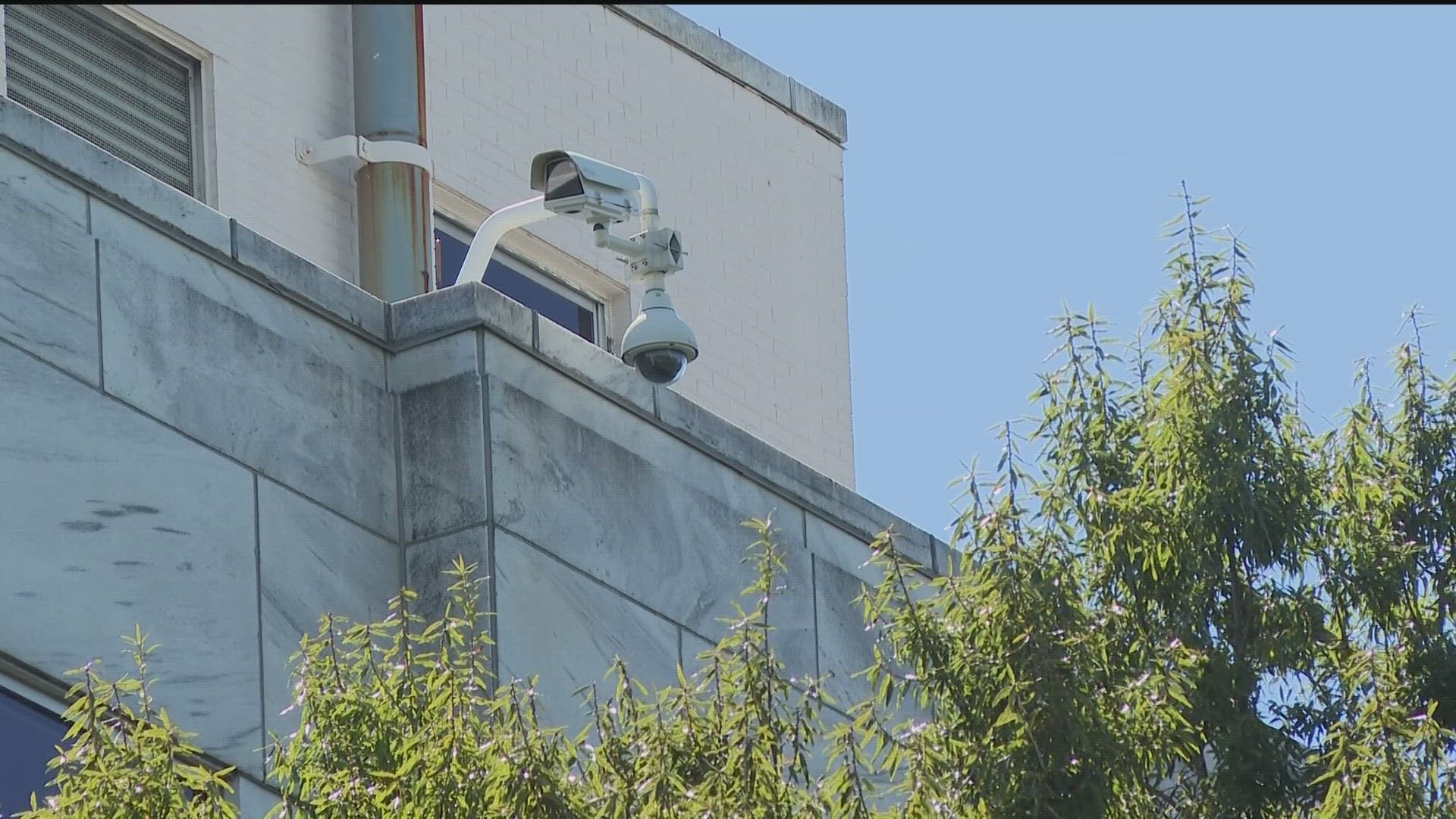ATLANTA — Atlanta City Council passed two measures Monday that could have a profound impact on the way people live in the city.
CouncilmanMatt Westmoreland sponsored the first piece of legislation, which will put $11.6 million in the city’s Affordable Housing Trust Fund
Here's the breakdown on where the funds will go:
- $6.5 million will go toward the building of new affordable homes.
- $2.5 million will go toward building new affordable homes
- $2 million will be for eviction diversion
"We've seen coming out of the pandemic there's been a significant number of evictions that have been filed all across the Metro area, so we wanted to make a meaningful investment in trying to help folks from being removed from their houses in the first place," Westmoreland said. "We're trying to help folks frankly who are struggling the most be able to stay in their homes.”
Westmoreland said the money would primarily impact those making 50% of Atlanta's area median income, which is less than $50,000 for a family of four, according to the city's economic arm Invest Atlanta.
This latest investment marks the second large investment in the Affordable Housing Trust Fund in years. The city plans to inject another sum next year with money based on 2% of the city’s annual budget.
"As the city’s budget grows, so does this specific investment that we make in housing affordability every year," Westmoreland said. "This piece of legislation kind of sets the framework and makes it clear our priorities are production, eviction diversion and then program support. Now that we have that framework in place, there’ll be subsequent pieces of legislation in the weeks and months ahead that will literally move those dollars into those different categories and specific projects.”
City Council members previously passed the purchase of $100 million in housing bonds in 2021 and March of this year. The city has worked with faith-based organizations and nonprofits to secure land to build affordable housing projects and help those most in need. The Woodruff Foundation and Community Foundation have also chipped in $100 million each to go toward affordable housing causes.
The Georgia Youth Justice Coalition supported the vote to allocate $11.6 million toward affordable housing, but the group criticized the funding going toward the construction of Atlanta's new public safety training center. The organization released the following statement to 11Alive in response to the affordable housing investment:
"As young people who have faced down a housing crisis for as long as we can remember, we know that to improve the lives of all Atlantans, City Council can and should put our money towards necessities like affordable housing and community resources to combat poverty and evictions. Today’s vote to allocate $11.6 million to affordable housing and eviction diversion represents a positive step towards that future."
Councilwoman Keisha Sean Waites authored another measure passed by council Monday. It will require new construction over 100,000 square feet to install a security camera network. Waites wrote the legislation after nearly 150 reports of car break-ins, mostly at apartment complexes and parking garages.
“This is a tool for law enforcement agencies,” Waites said. “Our officers just cannot be in every single place. At the end of the day, this is a small price to pay to address a serious issue that’s been a challenge really all over Metro Atlanta. We’re targeting the larger facilities, because we found for the smaller locations, it would be costly and burdensome for some of the smaller properties.”
The security camera systems will have the option to link up to Atlanta’s citywide network called Connect Atlanta. Several schools and businesses have already connected to the citywide surveillance system. Waites predicted the cost of installing more security cameras will outweigh the risk of repeated crime in a given community.
“When you look at the loss of property, the cost to replacing deductibles and so forth, I think there’s a benefit in getting these bad actors off the street,” Waites said. “The requirement is that we have cameras in parking structures and around the property to ensure that we can catch these culprits or any bandits who are bad actors who engage in these types of criminal activity.”
Both measures will go into effect within the next few months.

